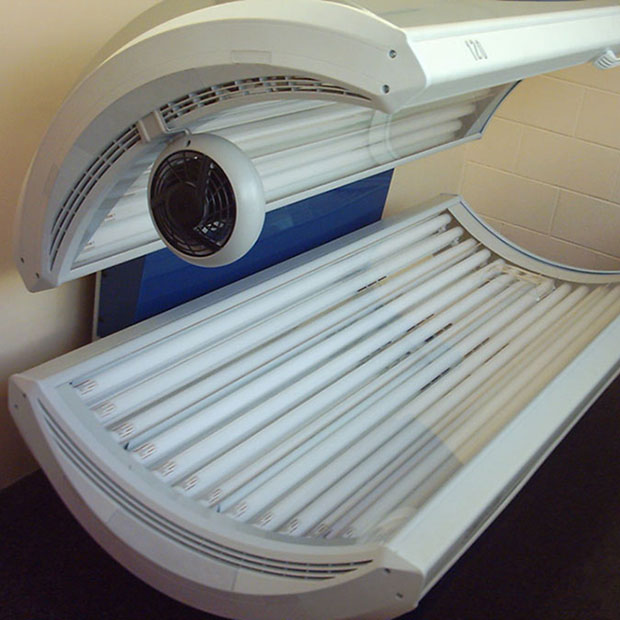Tanning Could Be Bad for Your Eye Health

Before you seek a sun-kissed glow, understand the perils of indoor tanning booths.
These risks extend beyond skin health to encompass serious threats to our eyes. A coalition of medical professionals, including physicians, dermatologists, surgeons, and eye specialists, recently testified before Congress about the adverse health effects of tanning beds. Moreover, the World Health Organization has long cautioned about the elevated risk of skin cancer linked to indoor tanning. But what about the impact on our eyes?
UV Exposure and Eye Damage
UV radiation, a known culprit behind sunburns, poses a similar threat to our eyes whenever we’re exposed to it. The damage accrues over time, meaning that even seemingly innocuous exposures can lead to significant harm in the long run. What sets tanning beds apart is their exceptionally high levels of UV radiation — up to 100 times greater than what we experience on a sunny day outdoors. Such intense exposure not only damages our skin, including the delicate skin of our eyelids, but also poses serious risks to our eyes.
Inadequate Protection
Despite efforts to shield the eyes by tightly shutting them in a tanning bed, this precaution falls short against the strength of UV rays emitted. In the short term, exposure to tanning beds can trigger various eye issues, from blurry vision and dry eye to actual sunburn of the eyes, a condition known as photokeratitis. Symptoms include grittiness, watery eyes, burning sensations, and redness. Furthermore, chronic dry eye can lead to persistent irritation and redness, increasing the likelihood of eye infections.
Long-Term Consequences
Frequent visits to tanning beds can exacerbate these issues and pave the way for more severe eye conditions, such as macular degeneration and cataracts. While these ailments are typically associated with aging, indoor tanning can expedite their onset. Macular degeneration entails the gradual deterioration of central vision, while cataracts involve the clouding of the eye’s lens, resulting in diminished color perception and eventually vision impairment.
Prioritizing Eye Health
Ultimately, achieving a bronzed complexion at the expense of UV damage to the skin and eyes is a trade-off not worth making. While we respect individual choices, we implore our patients to prioritize their eye and skin health over fleeting beauty ideals. Opting for safer alternatives like bronzer can offer a similar aesthetic without jeopardizing long-term well-being. When venturing outdoors, wearing UV-blocking sunglasses is essential, and if indoor tanning is unavoidable, never neglect protective goggles. At the core of our practice is a commitment to lifelong eye health, and we hope our patients share in this priority.
